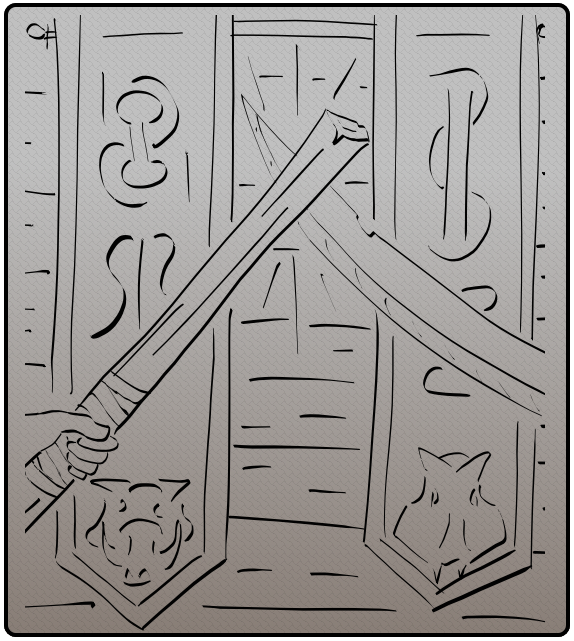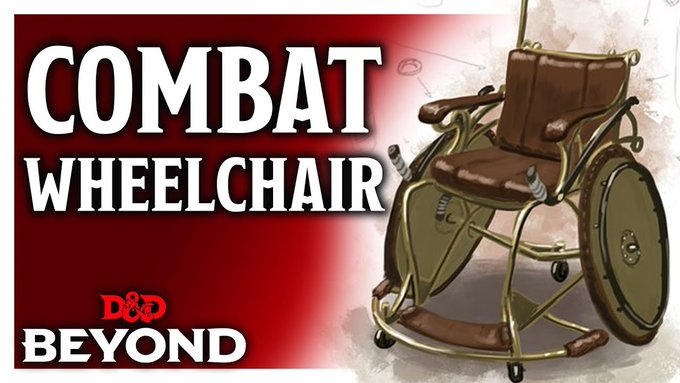I was reading a social media profile by someone trying to sound very smart, and he tried to make the point “President Snow doesn’t exist, but I hate him.” It’s a powerful statement in lack of self awareness that runs right into the soul of writing. Characters aren’t real.
From my perspective it illustrates a thin line of warning that demonstrates a step towards riding a dangerous wave of peer pressure. Does the character really exist? Is he in the room with you right now? Did the author manipulate you? Is it just bad writing?
We create emotional attachments to fictional characters, some so strongly that we treat them as real people. In the case of Sherlock Holmes you’ll hear phrases like “the greatest detective since Sherlock Holmes!”, with no awareness that Holmes never existed.
The sadder reality is that the author behind Holmes lost a fortune to con artists posed as mediums in a pursuit to speak to the dead. The legacy of the character exists in the literal personification of the character as infinitely clever, with no regard to the actual creator of the character as lacking good sense.
From writing to film, we are upset at the death of a character, and even mourn them. As natural story tellers, our human brains lead us to either empathize or sympathize with their situations. We learn lessons from stories about impossible talking chickens, magical fish, and worlds behind mirrors. In some way the lessons and allegories of fiction help to shape our ability to navigate reality.
For me, there’s some problems here. The inability to connect an author to a character is the biggest red flag that a popular wave could lead to something dangerous. I cannot connect with hating a fictional character. The ability to have that visceral reaction shows a willingness to not ask why.
Let’s take President Snow, or Draco Malfoy, or the generic lead cheerleader in the more traditional high school drama. These are projections of the author. They are sometimes strawmen, one dimensional caricatures of something the author wants you to hate, who regularly turn into a trope known as “strawman has a point.” They are not just fictional characters, they are the author putting part of themselves, something they hate, into the entirety of the role.
When fans blindly hate the character as the boogey-man, because they were told to, it is scary. What if this strawman is an unfounded stereotype of someone the author just didn’t get along with. What if the man the pop culture zombies learned to hate is just Joey from Full House? Did we internalize an allegory that was an unjust hate to someone’s perfectly normal rival?
When the strawman is a piece of self, it is bad writing. When the strawman is a political whipping boy, it is bad personality, and bad writing. When the strawman is unresolved hate towards someone that an idea represents, it is dangerous. Regardless of all of those qualifications, when the strawman is all powerful, it is a bad reader for giving him that position, and not closing the book.
Remember, the same writer that set up this bad guy to scowl at on the stage with your hands clenched in fists of rage, is the same person who locked your protagonist in the closet and beat him as a child. The big bad evil guy didn’t do that, the author did. Leveling cities. Burning down orphanages. Threatening a worldwide genocide. All the author.
So I propose viewing these manipulations for what they are. Be careful before you hate a character in a book. Never do so just to become a fans. Think critically about what’s before you.
I started early with “from my perspective” because acknowledging how much I viewed an “insurmountable foe” as bad writing gave me the perspective that helps me with tabletop games and RPGs. Setting up evil with nothing but luck and a chosen one is just manipulation, but setting up evil when there is an opportunity to overcome it works.
Our heroes in a campaign get the opportunity to make that change. They aren’t limited to rereading the book and wishing chapter 2 went differently. They get to shape the solution and learn from what’s in front of them. And if they want to be that evil, so be it. It’s their world to shape.
I’ll end with one last observation.
When I see tabletop gamers express how much they hate a character, it’s usually something from a canned adventure. It’s an unfair creature. It’s a rule that feels like cheating. It’s some badly written NPC that wasn’t allowed to interact with their free will because “it’s technically not a spell.”
When you start to isolate the way the content is consumed. You can view that people who internalize hate for characters, often just hate the way it was given to them. Take away the manipulative author and they will happily think critically and build on the world with choices and imagination.
P.S. I irrationally hated Donald Sutherland for repeating “sandman viper command” a bajillion times long before you irrationally hated him for portraying President Snow.

